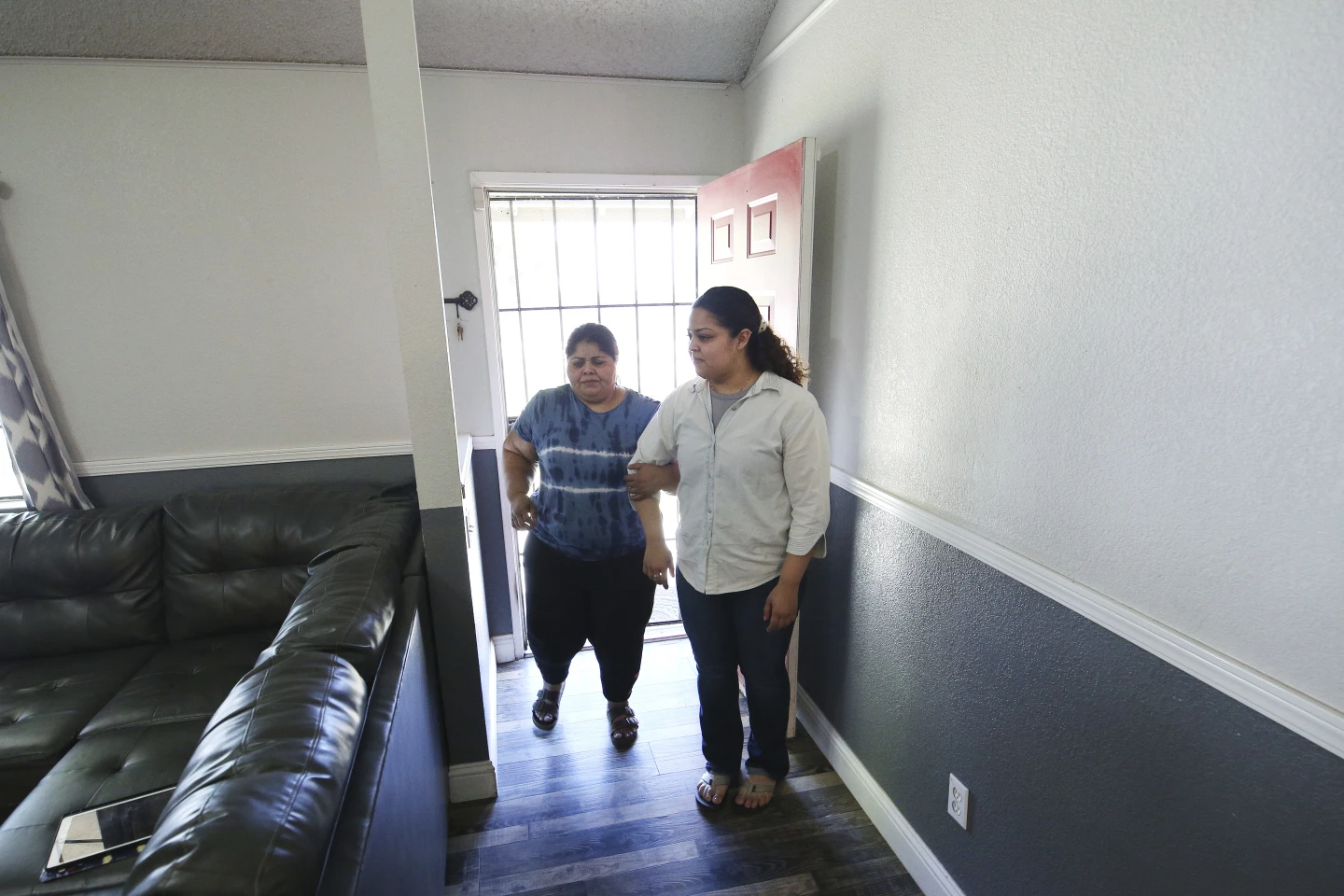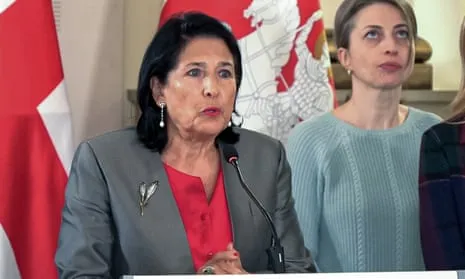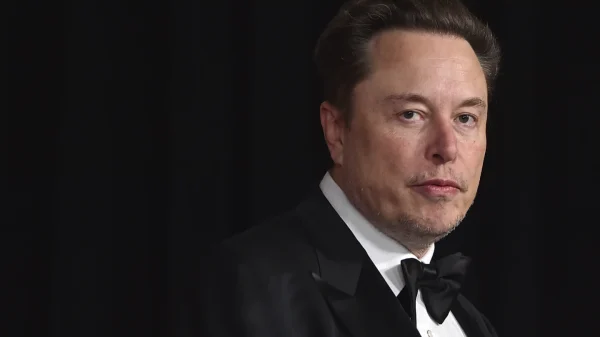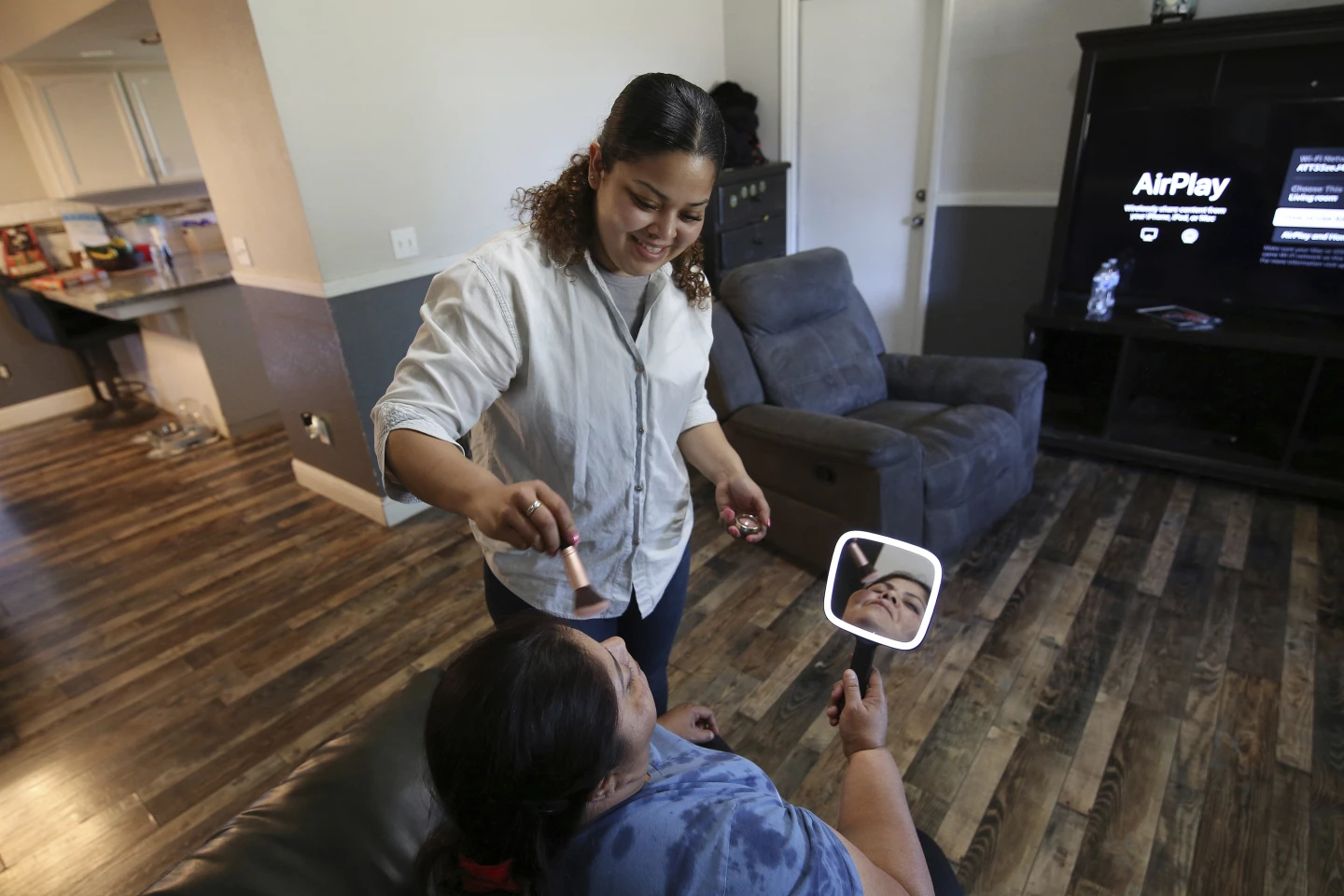California Governor Gavin Newsom pledged not to address the state’s budget shortfall by withdrawing health insurance from low-income adults residing in the country without legal permission, describing this policy as a core belief of his. However, Newsom has proposed ending a significant health benefit for certain low-income immigrants with disabilities, sparking criticism from his supporters who accuse him of going back on his word.
California was among the first states to provide free health insurance to all low-income adults regardless of their immigration status. This initiative, which was completed in January, extended eligibility to over 1 million people under California’s Medicaid program, known as Medi-Cal, many of whom had never had health coverage before.
Now, just five months later and faced with an estimated $45 billion deficit, Newsom aims to discontinue funding for caregivers who assist some disabled individuals—living in the country without legal status—with tasks like cooking and cleaning to help them remain out of nursing homes. This benefit would be retained for everyone else.

Marvin Pineda gets back inside the house (Via Shaun Simmons/Shutterstock)
According to Newsom’s administration, this measure would save approximately $94 million and affect fewer than 3,000 individuals out of the more than 15 million enrolled in Medi-Cal. However, ending this benefit would also prevent thousands more from becoming eligible in the future.
Critics, such as David Kane from the Western Center on Law and Poverty, denounced Newsom’s proposal as a betrayal. Ronald Coleman Baeza, managing policy director for the California Pan-Ethnic Health Network, described it as indefensible and drew parallels to a controversial ballot proposition from the 1990s that sought to restrict immigrants’ access to government aid programs.
State Senator Maria Elena Durazo, a Democrat representing Los Angeles who has long advocated for Medicaid expansion, expressed concern that this proposal could set back efforts to treat undocumented immigrants equally.


























